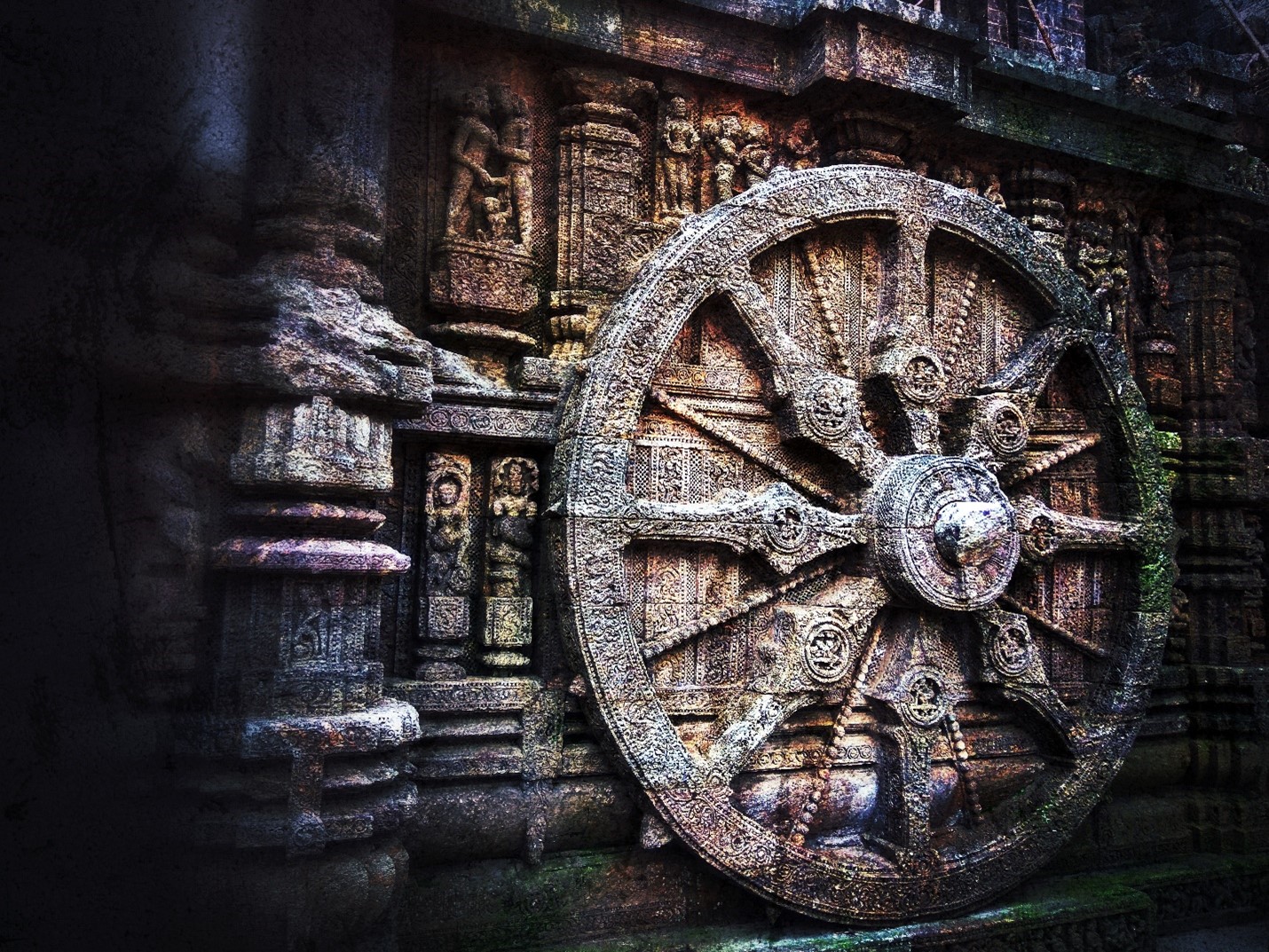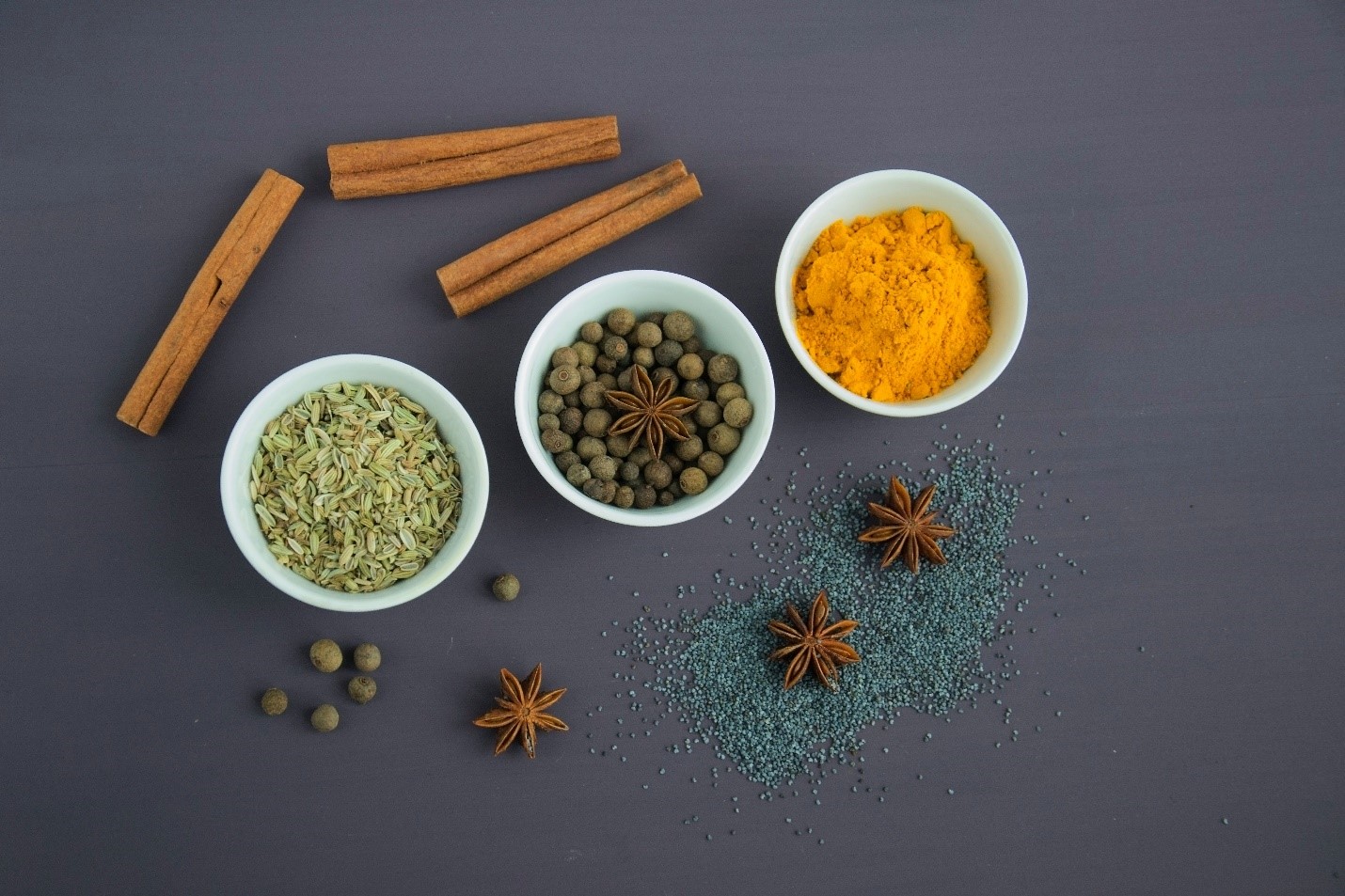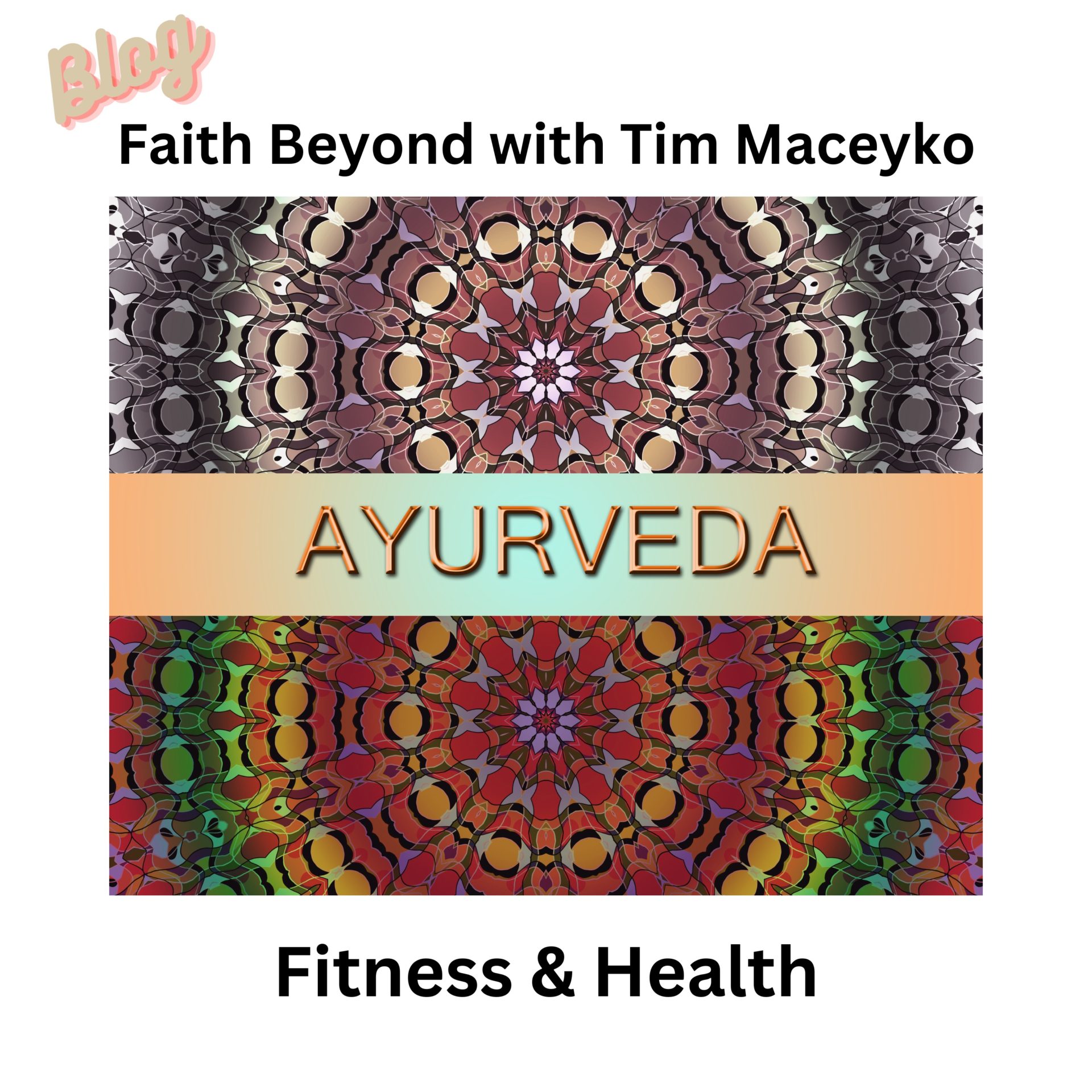Ayurveda: The Hidden Gem of Self-Care from Ancient India
Self-care and healing are the two cornerstones of a peaceful life. Unless your inner self is taken care of, you won’t be able to radiate positive energy into the world around you. Therefore, in order to take care of our families, children, friends, and careers, we must reflect on how well taken care of we feel internally.

We are seeing people go back to traditional ways of healing, like yoga and orthodox Chinese medicine. These methods are considered effective to this day due to the balance they can bring to one’s life.
Ayurveda, although somewhat less popular in the Western world, is one such healing method that predates all others. Translated as the “Science of Life,” Ayurvedic self-care methods were born over 5000 years ago in India and are widely accepted as a legitimate treatment method all over the country.
In fact, many nature-based healing systems in the West, for example homeopathy, actually stem from Ayurveda itself.
What is Ayurveda?
Ayurveda is a self-healing principle that places great emphasis on the need to create balance in one’s life through food, lifestyle, and the mind. It believes that, like fingerprints, everyone has a unique balance of energies that affect their emotional, physical, and mental features.

The balanced state for each person is different, and it is determined at the time of their birth. When this constitution is in its balanced state, we are at peace and healthy. However, external factors such as stress, trauma, climate change, or lack of good food can negatively affect this balance.
Through Ayurveda, we can understand the energy that our constitution is made up of and work towards the balance state that our soul requires.
As per Ayurveda, our body time, personality, and behavior is determined by the proportion of the three Doshas (constitutions) in us. The three Doshas are called Vata, Pitta, and Kapha, and usually, one of them is more dominant than the others. This dominant dosha, according to Ayurveda, is what defines us and our balanced state.
Understanding Ayurvedic Doshas
In the ayurvedic understanding of the world, the entire cosmos is made of five elements: Fire, Water, Space, Air, and Mass.

Khapa is the interaction of Mass and Water. The energy that forms, as a result, is responsible for structure in one’s body. Vata is the interaction of Air and Space, which control movement and occupation. Lastly, Pitta is when Fire and water come together, which give us heat and fluidity.
These doshas, and their proportions, perform all the core functions in our body. Therefore, any of these doshas being out of balance would result in an unhealthy body and mind. Vata, Pitta, and Kapha can become out of balance due to climate, stress, food, or genetic reasons.
Hence, unlike Western medicine, health is directly correlated to the balance of one core element in Ayurvedic philosophy. It says that at birth, we are all born with a dominant dosha.
A Vata body type is usually lean, dry, and cold, with a lot of movement and unstable eating habits. Their mind also tends to be fickle, and their memory can be weak. However, they like to stay active and constantly think of new ideas too. Vata types are the creators and dreamers.
Pita types gave well-proportioned bodies that can build muscle quickly and are always warmer than most people. They are usually prone to anger tantrums but are also very sociable, bright, and good at processing their thoughts, making them good leaders.
Lastly, Khapa body types can be slightly heavy bodies with strong bones with a strong love for sleep. They can be shy and highly opinionated but are generally calm and composed in even the most stressed situations. They are also super loyal and loving.
How can Ayurveda provide healing?

When you understand your Ayurvedic body type, you can create a lifestyle that will make sure all your doshas are in balance. It focuses on prevention by addressing the root causes rather than all your symptoms. For instance, if you have a Vata dominant body type and live in an arid area, your Vata is likely to be imbalanced. Understanding these imbalances and the constant flux your mind and body are in is the first step towards wellness through Ayurveda.
There is a wide variety of resources that can guide you in maintaining your Vata, Pitta, and Khapa balance. For example, suppose you learn that you are Khapa dominant. In that case, you can balance it by getting a lot of exercises, avoiding heavy foods and dairy, maintaining a good sleep cycle, and keeping active.
For Pitta, you should avoid exposure to steam, limit your salt intake and adopt an exercise routine in a cool environment. Lastly, for Vata, you should live in a warm place where you can practice calmness, avoid cold foods and try to avoid a busy, hectic routine.
Practicing Ayurveda to Achieve Fitness and Wellbeing
As I said, this is just the start of understanding your Ayurveda journey. The 5000-year-old wellness phenomenon is enriched with a plethora of knowledge for you to explore.
However, you must keep in mind that while Ayurveda is professionally practiced and acknowledged throughout India, it is not considered an alternative to western medicine. On the contrary, ayurvedic practitioners themselves recommend using it simultaneously with western medicine as they both have huge benefits.
You, too, can begin to understand your core better with Ayurveda and learn what can bring you peace. Doing this will help you identify what is hindering your wellness and how you can change it.

When you put yourself first, your body will start to heal. Your mind will start to clear up and you soul will start to feel energized. I hope this article has ignited a curiosity about Ayurvedic practices for you. If so, I also hope you can use it to give your body the attention and love it needs!
This article was provided as part of the Faith Beyond with Tim Maceyko Fitness and Health Series.




